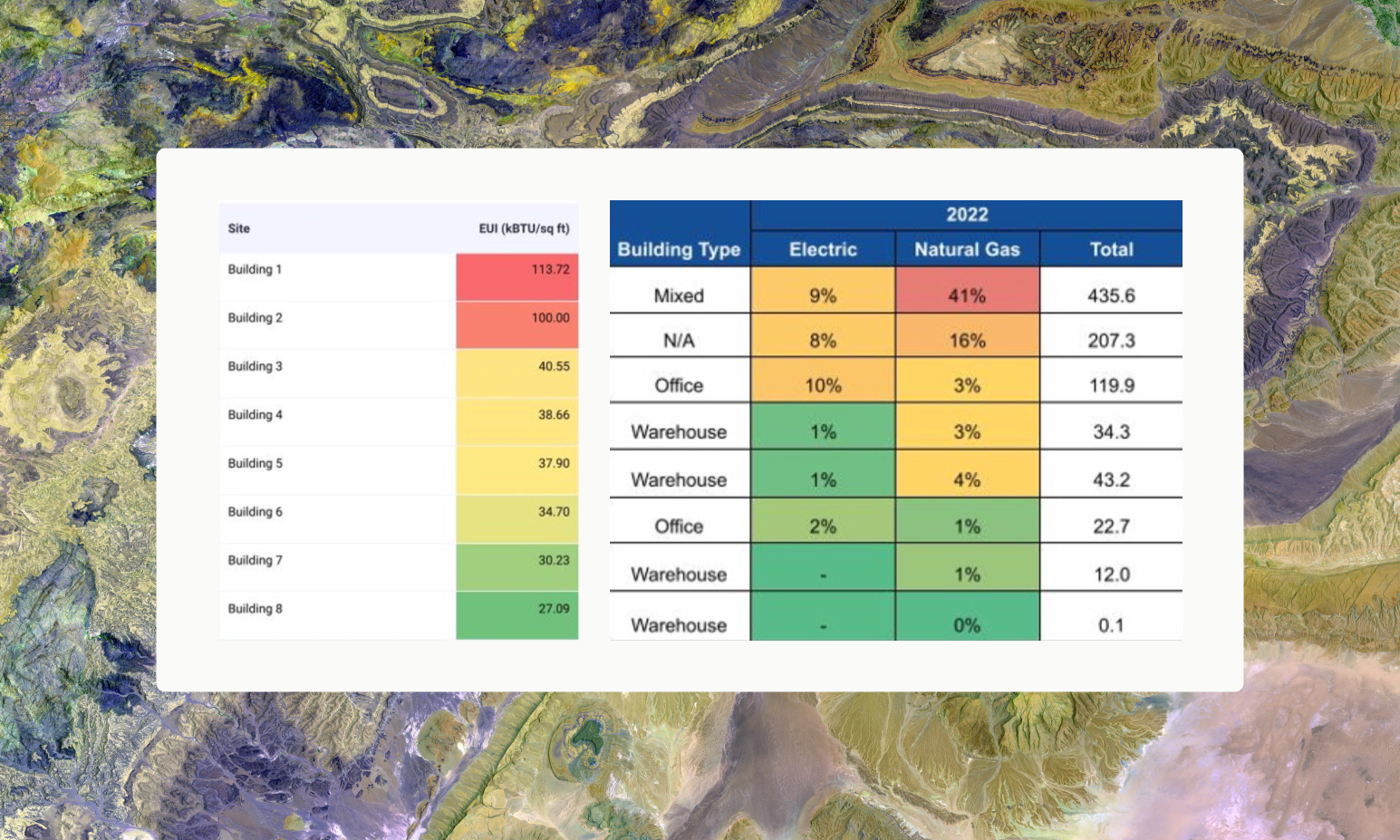The majority of commercial and institutional buildings lack readily available feedback on energy performance. When feedback is necessary, typically an energy audit is conducted. This service, performed by a building engineer, assesses a building's energy usage and performance through a thorough inspection, evaluation, and identification of potential areas for energy reduction or efficiency improvement. Energy audits serve diverse purposes, such as benchmarking building performance, analyzing current efficiency, proposing energy reduction measures, and, in specific jurisdictions, fulfilling compliance requirements. Despite the various applications for understanding a building's energy consumption and avenues for reduction, the energy audit has remained the primary tool for these purposes.
However, energy audits are notably labor-intensive, involving physical walkthroughs, extensive manual data collection, and a comprehensive equipment inventory. Typically, the process requires gathering and analyzing at least one year of utility bills, and for seasonality and benchmarking, multiple years' worth of bills may be necessary. This manual collection, organization, analysis, and reporting process is not only costly and time-consuming but also conducted with objectives that demand current and actionable data, thereby diminishing the effectiveness of the results.
Key issues associated with energy audits:
Time Intensive: Energy audits can take anywhere from 3 to 9 months to complete and deliver, typically based on the prior year's values.
Costly: The expenses for energy audits can range from $10,000 to $50,000 per building.
Inaccuracy: Energy audits, including their recommended actions and projected cost savings, are known to be inconsistent. Various studies have reported significant disparities in recommendations and cost projections from different audits for the same building.
Outdated: Once the audit is complete, it is typically based on outdated data, which may hinder the relevance and effectiveness of the audit's findings and recommendations.
NZero’s Approach to Energy Audits
At NZero, we recognize the challenges faced by our customers across industries when dealing with energy audits. Many are uncertain about how to best utilize audits that fail to consider recent changes, leaving them unsure on the most effective course of action. Moreover, traditional energy audits often focus solely on energy without adequately addressing the aspect of assessing the impact of recommended measures on greenhouse gas (GHG) emissions and how those may align with a business strategy.
In response to these challenges, NZero supports customers with an innovative approach to achieving energy audit results through our carbon management software services. By leveraging automated utility data collection, continuous GHG emissions monitoring, and building information already available on our customers' platform, NZero offers a streamlined solution that produces results comparable to Level 1 and 2 energy audits.






